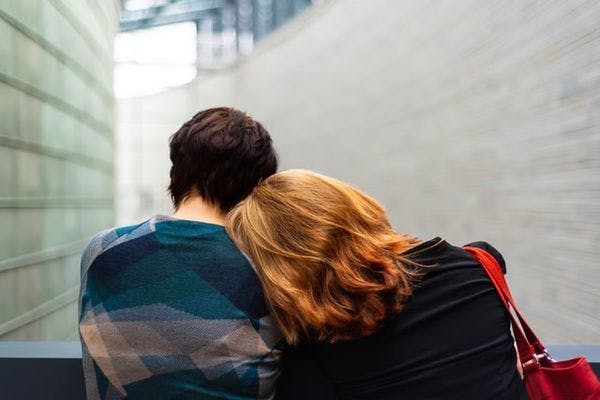Unsplash Külli Kittus
Atención durante COVID-19: Consumo de drogas, reducción de daños e intimidad durante una pandemia global
Schlosser y Harris discuten los retos e innovación de pares y otros partidarios de la reducción de daños en respuesta a las alteraciones causadas por el COVID-19. Más información, en inglés, está disponible abajo.
By Allison Schlosser and Shana Harris
Harm reduction is often a response to crisis. A public health approach which emphasizes reducing the negative effects of drug use rather than eliminating drug use or attaining abstinence (Riley et al., 1999), harm reduction has been adopted around the world to mitigate the effects of epidemics and emergencies, such as the HIV/AIDS pandemic and hepatitis outbreaks, on people who use drugs (PWUD) and the broader community (Des Jarlais & Friedman, 1993; Marlatt, 1998; O'Hare, 2007). Throughout harm reduction's long history, PWUD have effectively improved their lives in the face of public health crises. PWUD are no strangers to managing risk of infection let alone the risks of withdrawal, arrest, stigma, or marginalization. One of the ways this is achieved is through creating intimate connections based on care, trust, and respect amongst PWUD and between PWUD and harm reduction providers.
In the face of the current crisis caused by the global COVID-19 pandemic, PWUD and harm reductionists are now faced with new challenges. A significant consequence of the pandemic is the way that individuals, communities, and organisations have been forced to rethink how they interact with each other. Formal and informal interactions are influenced by the guidelines issued by public health agencies to limit the spread of COVID-19, such as social distancing, handwashing, and masking. These guidelines, however, may be complicating public health efforts that directly affect PWUD.
In this Viewpoint, we discuss the effects of COVID-19 guidelines on the practice of harm reduction in the United States. We argue that there are several contradictions between the guidelines for curbing the transmission of COVID-19 and the highly physically, socially, and emotionally intimate nature of drug use, particularly injection drug use. These intertwined forms of intimacy often enable people to survive physically and mentally through marginalization associated with their drug use. With public health agencies and harm reduction organisations recommending social distancing practices, such as limiting contact between peers who use drugs and other risk reduction practices, PWUD are now asked to choose between avoidance of COVID-19 and the intimacies of drug use that contribute to their survival. Moreover, we argue that the guidelines necessitate a reconfiguration of the intimacy and care so central to harm reduction, which may impede organisations from still meeting the health and social needs of the PWUD that they serve.
Regiones
Perfiles relacionados
- International Journal of Drug Policy
